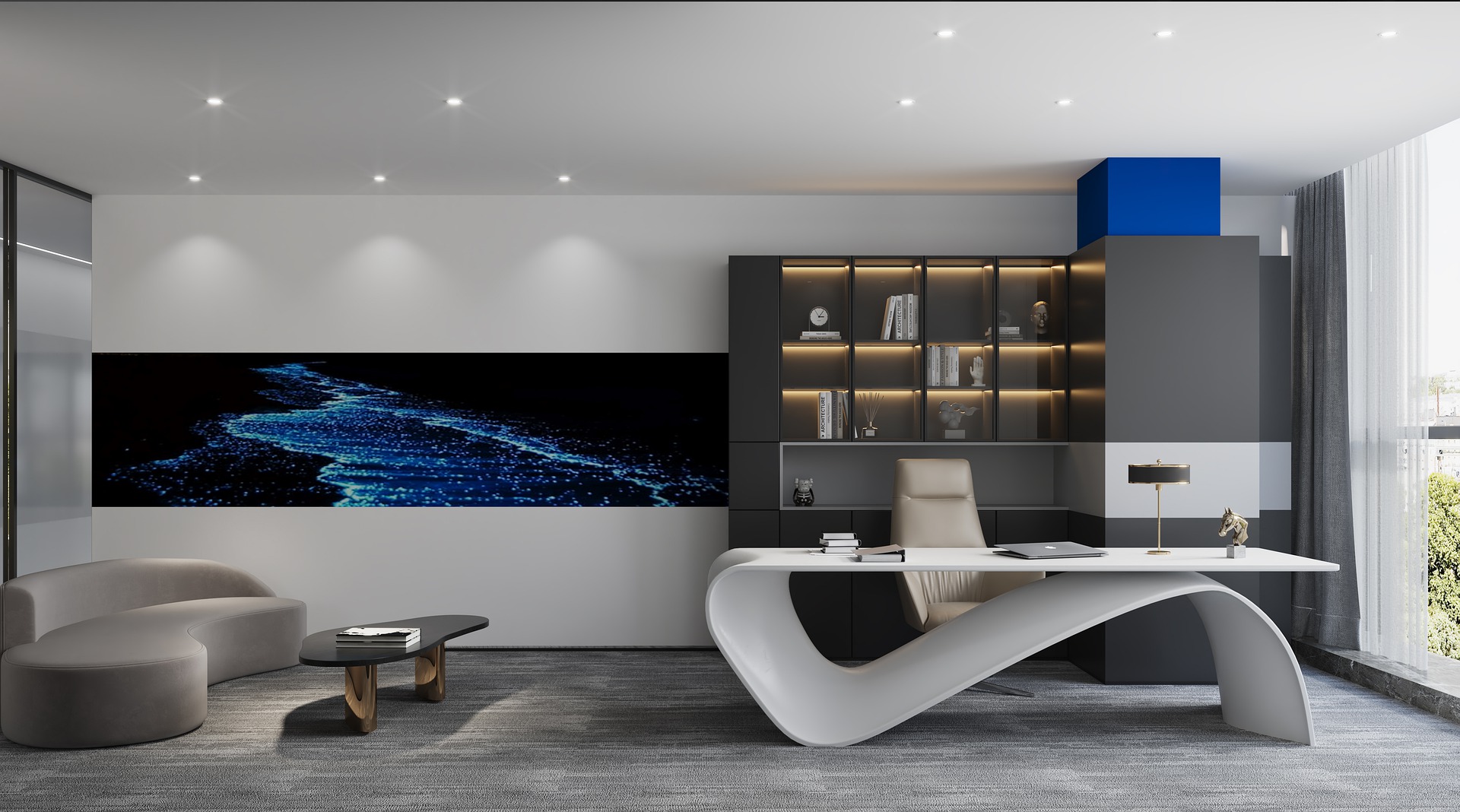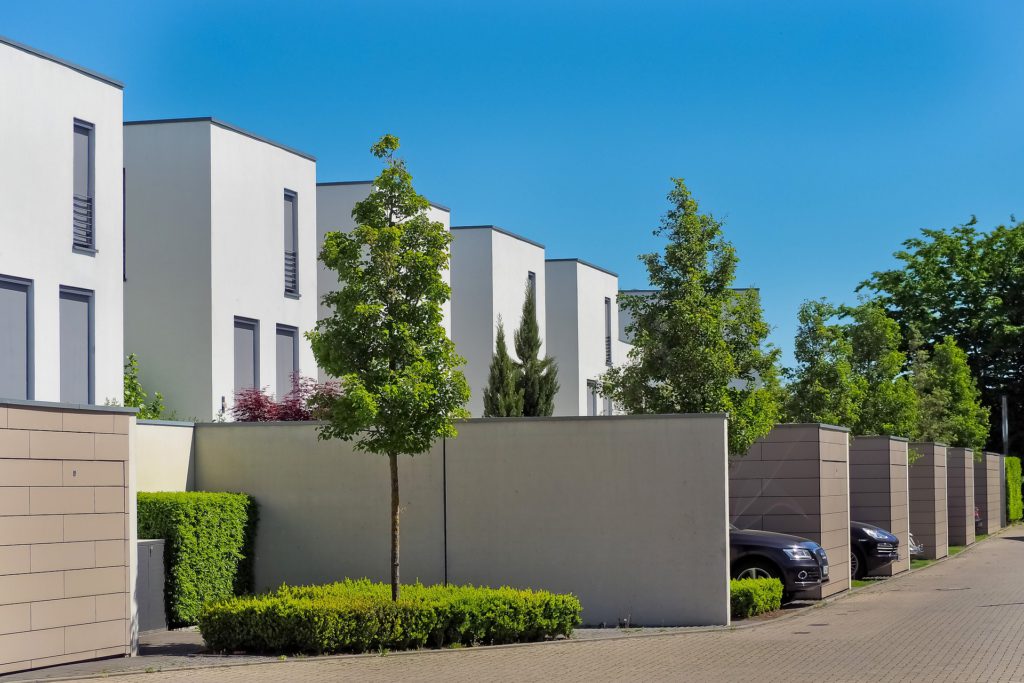As we leave a wave of Covid behind us once again (hopefully for the last time) our people of the country are looking towards a post-Covid world and what it might look like in terms of real estate. Like all-natural disasters and conflict situations seen over our many years of existence, there is no doubt in anyone’s mind that this global pandemic that has impacted millions of people across multiple continents will have continuous knock-on effects. This tumultuous time is certain to impact all areas of our modern societies from culture through to the economy and it is impossible that it will leave our real estate world untouched.
For years now, our experts have been warning of the inevitability that the bubble of the housing market will someday pop. We have been promised year on year that we will see it soon, as the way house prices are still steadily rising makes the real estate market unsustainable. However, year after year we have continued to see those prices trend upwards. This has been mirrored in many, if not all, of our sister countries. The ongoing slew of complaints is that the market is pricing out people of younger generations as the wage rises don’t come close to matching the rises in house prices. This has met many a flippant comment from our people in power and those blessed with the abundance of wealth. As a result of this state, many young people are finding themselves forced to continue to live at home with parents and relatives as the prices are simply out of their reach and their salaries won’t afford them the property finance, they require. While this is concentrated much more heavily in metropolitan areas vs rural and remote, there are different issues with the same result even in our less populated towns.
The rise of Air BnB as a lucrative way to make some big bucks on your tidy little holiday home or investment property has seen many of our young people pushed out of even the rental market. Small towns, including along the Great Ocean Road, are finding that real estate moguls and wealthy Melbourne holidaymakers have bought up all of the available property, not to mention, fuelled a further price rise. However, where they may previously have rented these properties to the locals, or been forced to maintain them themselves, they are now able to acquire rental property management services that will organise all aspects of holiday rentals for them to simply sit back and lap up the returns. This issue has spread and evolved over the last 5-10 years and is most certainly not limited to Australia. Countries including the UK and the US are finding very similar issues. As this concept is still fairly new to our real estate market, it is understandably taking some time for legislation etc to catch up with the times. That being said, it is long overdue for something to be put in place in order to bring some parity back to these struggling locals with regards to finding a home. Many families are being forced to move out of towns they’ve lived in for generations and are calling out for our officials to act.
 After our numerous and lengthy lockdowns, particularly in Victoria, a post-Covid world is rumoured to be heading for a notable recession. Australia’s interest rates saw an all-time low in January 2020 at 0.10%. This low-interest rate has certainly helped people get a foot in with regards to mortgages, however, with many people finding themselves out of work in the last 18 months, the low-interest rates will not be enough on their own. The change in our workforce is also likely to heavily impact the outcomes for commercial buildings in our real estate market as many people will work from home either on a part-time or full-time basis even as things settle into a new normal. For those industries with little to no interest in returning to the office in the same capacity as before, this will mean downsizing of the office and will reduce the need for an expensive central location. For many, the office will only be used for meetings or events with many people preferring the work-life balance that working from home affords them. As these office spaces are downsized and the commercial interior design trends towards hubs as opposed to 5-day work week stations, it is likely a vast amount of our Central Business District buildings will be repurposed. Furthermore, as people are working from home, the size and room numbers required will also rise owing to the need to install a workspace at home – it’ll be time to read up office interior design in order to get that workspace right. The consequence to this will be the potential redundancy of many 1 bed or studio homes as these are no longer large enough to meet the needs of their occupiers therefore, new buyers are looking at new home designs.
After our numerous and lengthy lockdowns, particularly in Victoria, a post-Covid world is rumoured to be heading for a notable recession. Australia’s interest rates saw an all-time low in January 2020 at 0.10%. This low-interest rate has certainly helped people get a foot in with regards to mortgages, however, with many people finding themselves out of work in the last 18 months, the low-interest rates will not be enough on their own. The change in our workforce is also likely to heavily impact the outcomes for commercial buildings in our real estate market as many people will work from home either on a part-time or full-time basis even as things settle into a new normal. For those industries with little to no interest in returning to the office in the same capacity as before, this will mean downsizing of the office and will reduce the need for an expensive central location. For many, the office will only be used for meetings or events with many people preferring the work-life balance that working from home affords them. As these office spaces are downsized and the commercial interior design trends towards hubs as opposed to 5-day work week stations, it is likely a vast amount of our Central Business District buildings will be repurposed. Furthermore, as people are working from home, the size and room numbers required will also rise owing to the need to install a workspace at home – it’ll be time to read up office interior design in order to get that workspace right. The consequence to this will be the potential redundancy of many 1 bed or studio homes as these are no longer large enough to meet the needs of their occupiers therefore, new buyers are looking at new home designs.
A post-Covid world is what we have all been dreaming of for quite some time now and there is a reasonable chance that it will eventually give way to a favourable real estate evolution. There are high hopes that as we see more regulation and restrictions brought in with regards to holiday rentals and short term lets that some will be forced to rent out these extra properties to those who can’t afford to buy. It is also looking positive that we might see a complete restructure in our cities with many locations preferring to knock down rebuild which creates the opportunity to see a work-life balance and affordable inner-city housing where we haven’t seen it before. To top all these positives off, we can continue to hope that the bubble pop we have been promised, will come to us soon even though that will mean a great loss in value for many, it is something our society needs in order to find some equality and ensure that every person in our beautiful country has the same (or as close to as possible) opportunity to establish their own home.




